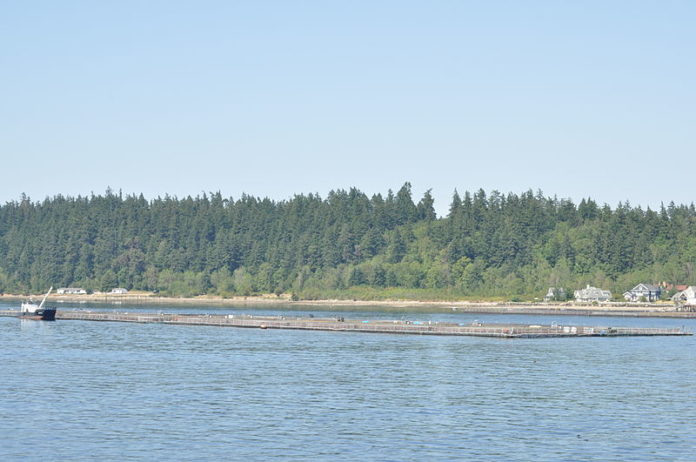
Mussels gathered from the Bremerton and Seattle, Washington area harbors have tested positive for oxycodone.
A bi-annual study conducted by scientists at the Washington Department of Fish and Wildlife (WDFW) revealed the presence of traces of the opioid in the mussels which were analyzed. The WDFW scientists placed mussels, which had previously been kept uncontaminated on Whidbey Island, at various strategic locations around Puget Sound.
The mussels are considered filter feeders, meaning that contaminants from the environment in which they are placed will ultimately be concentrated in their tissues. By leaving uncontaminated mussels at various locations around Puget Sound, scientists can return after two or three months and analyze which contaminants have become concentrated in their tissues in the interim.
Some of the mussels tested positive for traces of oxycodone, one of the opioids which is commercially available by prescription and which has contributed to the American opioid crisis. Fortunately, the mussels which became contaminated with oxycodone had been placed in areas where no commercial fishing takes place, meaning there was no risk that people might have consumed the opioid-laced shellfish.
The amount of oxycodone which tainted the mussels was less than one thousandth of a dose of the opioid, and furthermore, mussels are biologically incapable of metabolizing the substance.
However, the presence of oxycodone in the marine environment is concerning, as certain fish do metabolize opioids. As a result, it is a possibility that the fish which reside in Puget Sound could have a reaction to the presence of oxycodone or other opioids, as lab studies have demonstrated that zebrafish will learn to self-administer opioids.
The Puget Sound mussel studies, which occur every two years, frequently return results which include various chemical compounds, including various illicit drugs. Nevertheless, the traces of oxycodone constitute the first time traces of opioids have been discovered in the tissues of the recovered mussels. The scientists will analyze the findings to determine possible biological impacts which the chemicals might have had on the mussels and the marine environment at large.















